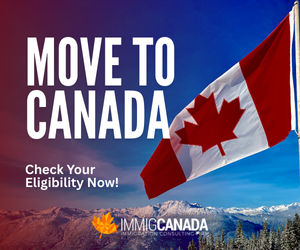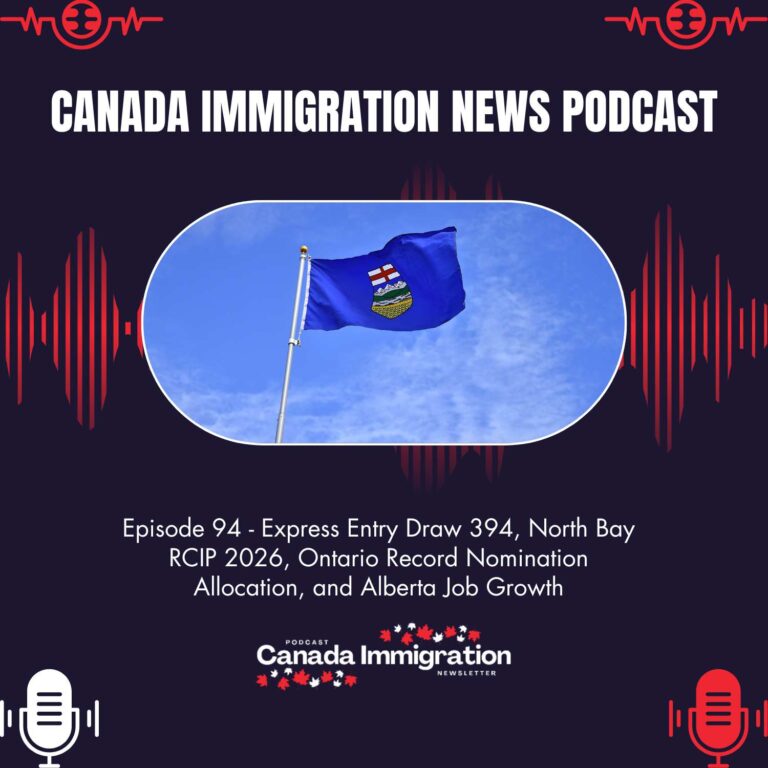Immigration Announcement
Canadian Start-Up Visa Program Struggles in 2025 with Delays and High Refusals

The Canadian Start-Up Visa program was designed to attract global innovators and entrepreneurs with bold business ideas. Since its launch in 2013, it has helped international founders bring their ventures to Canada while offering them a path to permanent residency. But in 2025, the program is facing serious challenges. Processing times have stretched to an average of 52 months, while refusal rates have climbed to historic highs. Experts warn that these issues could push talented entrepreneurs to competing markets like London or Dubai.
Record Backlogs and High Refusals
New data reveals that in the first quarter of 2025, refusal rates spiked to 73% for incubator-backed applicants and 85% for those supported by angel investor groups. This is a sharp jump compared to much lower rates just two years ago.
At the same time, the number of work permit refusals for Canadian Start-Up Visa Program applicants also increased to 77%. This leaves many founders stuck in limbo, unable to build their ventures in Canada while waiting years for a decision.
Meanwhile, Ottawa has reduced annual SUV allocations from 5,000 in 2024 to 2,000 this year. By 2027, only 1,000 spots will remain, creating even more competition and uncertainty.
What’s Driving These Changes
According to the federal government, stricter outcomes are not about cutting applications but ensuring quality. Officials state that more applicants are failing to meet program requirements. However, industry voices argue that the structure itself creates problems.
Some of the Main Challenges Include
- A surge in designated organizations issuing support letters from 28 in 2013 to 77 today.
- Concerns about “gatekeepers” charging high fees for mentorship or resources.
- Backlogs caused by organizations submitting large volumes of applications.
- Entrepreneurs forced to apply even when their projects don’t align with true start-up goals.
Many lawyers and immigration experts believe reforms are overdue to ensure that real innovators are not pushed aside by applicants with higher wealth but weaker business potential.
Calls for Comprehensive Reform
Stakeholders across the business and legal community are urging Ottawa to strengthen the program rather than scale it back. Some of the proposals include:
- Point-based ranking system: Evaluate applicants on measurable criteria such as prior business experience, sector alignment, and proven track records.
- Return of investor programs: Tie residency to clear investment thresholds and job creation in local communities.
- Greater oversight of designated organizations: Ensure that support letters truly reflect business potential and not just financial transactions.
Such changes could help Canada stay competitive in attracting entrepreneurs at a time when other countries are actively positioning themselves as global innovation hubs.
Balancing Integrity with Opportunity
The Canadian Start-Up Visa program still has strong potential. It remains one of the few direct pathways for entrepreneurs to gain permanent residency. Many successful founders who once struggled through the backlog are now Canadian citizens building companies that strengthen the economy.
But for the program to continue fulfilling its promise, reforms are critical. If delays and refusals remain at current levels, Canada risks losing high-potential start-ups to faster and more welcoming markets. Canada has always been a top destination for talent and innovation. With the right reforms, the Canadian Start-Up Visa program can once again become a magnet for the next generation of global entrepreneurs. Clearer rules, faster processing, and stronger oversight could help ensure that Canada doesn’t just attract entrepreneurs, but also keeps them.























